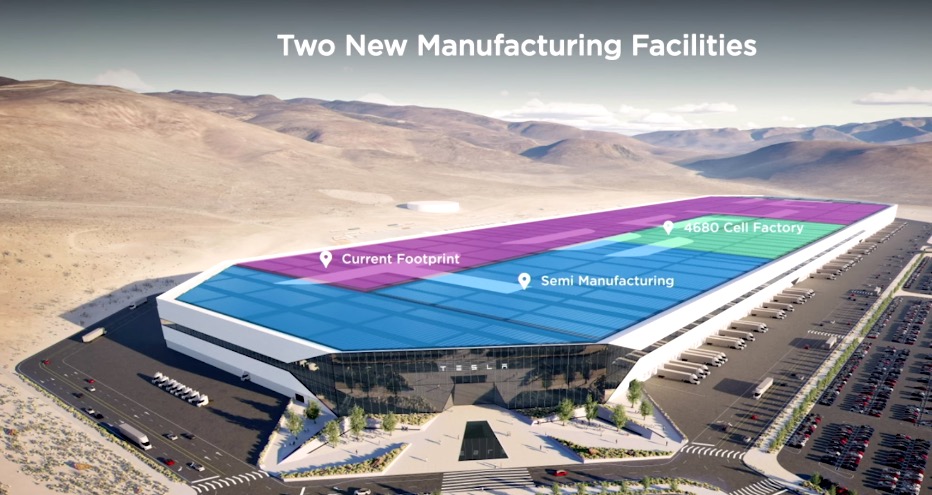
Panasonic, Tesla to Debut Upgraded Battery Cells, Possibly This Year
Panasonic is set to introduce an upgraded version of its electric vehicle battery cells, potentially as early as this year, according to Shoichiro Watanabe, the Chief Technology Officer of the company’s energy business.
These enhanced 2170 cells are expected to begin production at the Nevada plant operated jointly with Tesla between 2024 and 2025, reports Bloomberg.
Watanabe, in a recent interview, outlined Panasonic’s strategy to quadruple its production capacity by the fiscal year 2030 without heavily relying on new factories or significant investments. The Osaka-based electronics giant aims to improve the energy density of the 2170 cell, which could lead to a reduction in the overall cost of EVs.
Panasonic is also focusing on the development of 4680 cells, which are larger in size, as part of its expansion plan in North America. This initiative aligns with the company’s goal to eventually reach a production capacity of 200 gigawatt hours of EV batteries annually. Watanabe emphasized that increasing manufacturing capacity by 10% by the fiscal year 2025 does not necessarily require new production lines or further investment.
The company’s collaboration with Tesla is pivotal in this plan. Decisions regarding the production of next-generation EV batteries at the Nevada facility will be made in conjunction with Tesla. Panasonic’s commitment to EV battery development is part of a broader global shift towards phasing out fossil fuels and embracing clean, carbon-neutral energy sources.
Despite a slight dip in its shares in Tokyo trading, Panasonic’s stock remains stable, following a 26% increase last year. The company is constructing a battery plant in Kansas, its second in North America, and plans to announce the location of a third factory by the end of this fiscal year.
Panasonic’s expansion in the EV battery market is further supported by the Biden administration’s Inflation Reduction Act, which offers subsidies for battery cell manufacturing in the US. This is expected to boost Panasonic’s operating income significantly in the coming fiscal year.
As Japan’s leading battery maker and a major supplier to automotive giants like Subaru, Mazda, and Tesla, Panasonic’s advancements in battery technology are crucial to the country’s goal of increasing its annual lithium-ion battery production capacity. Watanabe expressed a preference for domestic production, stating, “If possible, making them ourselves would be ideal.”


